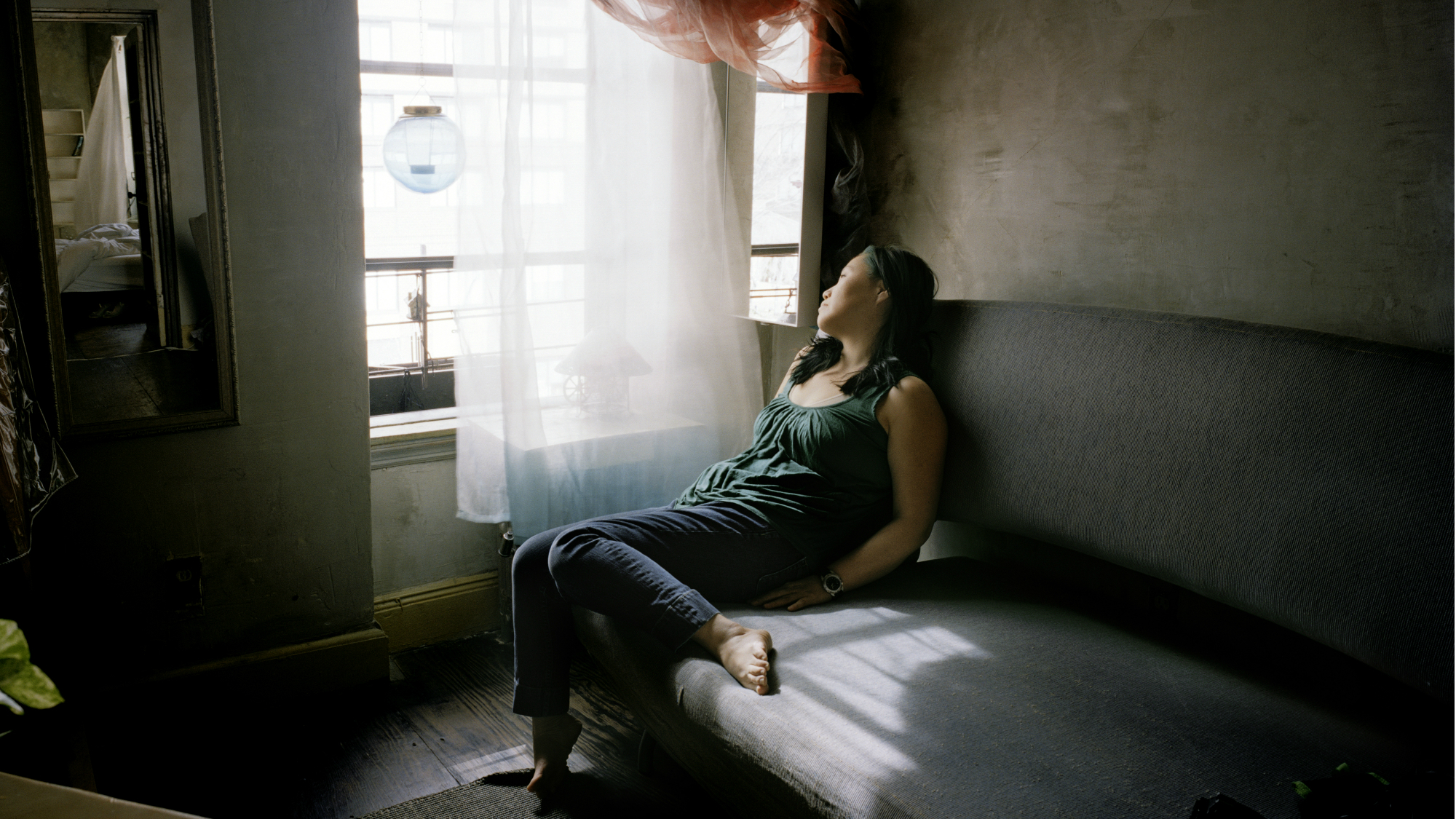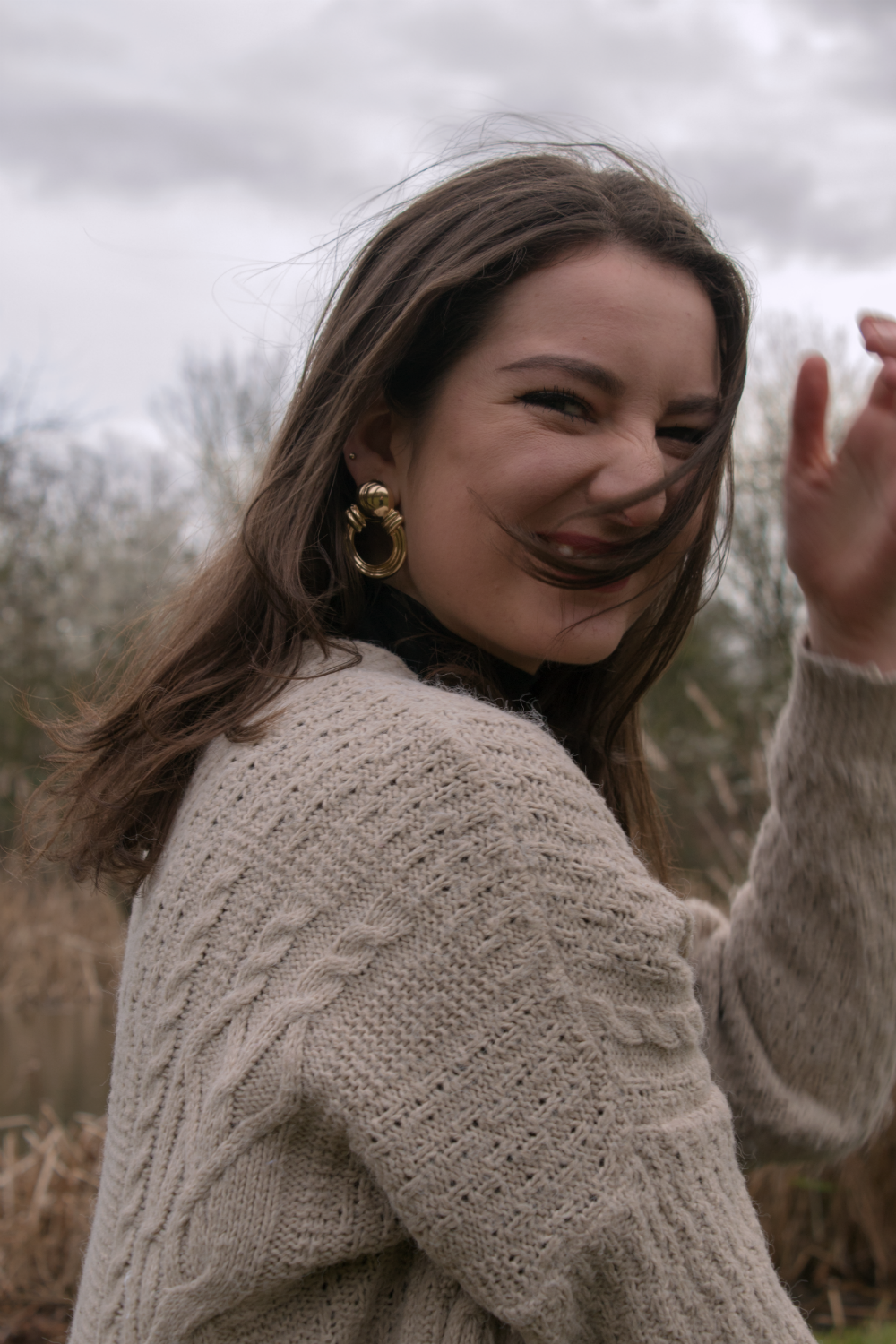A third of women in the UK are struggling with lockdown loneliness
Results from analyses of Google trends reveal that searches involving words such as 'loneliness', 'worry' and 'sadness' are also on the up in other countries


Celebrity news, beauty, fashion advice, and fascinating features, delivered straight to your inbox!
You are now subscribed
Your newsletter sign-up was successful
Results from analyses of Google trends reveal that searches involving words such as 'loneliness', 'worry' and 'sadness' are also on the up in other countries
More than a third of British women are feeling lonely over lockdown, a new study has found.
While 34% of women who participated in the study admitted they sometimes feel lonely, just over a tenth said they often do.
This stands in stark contrast to the number of men suffering from loneliness, with 23% saying they were sometimes lonely and only 6% stating this as a regular occurrence.
The study, conducted by Lisa Spantig and Ben Etheridge, economists at the Institute for Social and Economic Research at the University of Essex, suggests it is because women are more adversely affected by social isolation in lockdown.
'It's well documented that women have drawn the short straw on several different fronts', Etheridge said. 'For example, they are more likely to have lost their jobs.'
As many as 27% of women are now experiencing at least one severe underlying mental health problem – up from 11% before lockdown. For men, the figure has risen from 7% to 18%.
Celebrity news, beauty, fashion advice, and fascinating features, delivered straight to your inbox!
Until now, economic factors have been cited as the main reasons as to why there is such a disparity in the number of women and men in lockdown experiencing mental health problems in lockdown. The new research, Etheridge says, now points toward the strain the pandemic was placing on social relationships as the biggest factor.
‘Women are more likely to report multiple numbers of close friends’, he said, attributing the ban on meeting people outside your household to a ‘decline in mental wellbeing.’
Other possible factors include the impact of exercise restrictions and greater demands involving childcare and domestic work on women.
The findings are supported by online data which shows the vast amount of people struggling with lockdown, as results from analyses of Google trends reveal that searches involving words such as ‘loneliness’, ‘worry’ and ‘sadness’ are spiking in many countries.
Etheridge said that while it was the mental health of women under the age of 30 most affected by the crisis, men aged 50 to 69 were the least affected.
Niamh McCollum is Features Assistant at Marie Claire UK, and specialises in entertainment, female empowerment, mental health, social development and careers. Tackling both news and features, she's covered everything from the rise of feminist audio porn platforms to the latest campaigns protecting human rights.
Niamh has also contributed to our Women Who Win series by interviewing ridiculously inspiring females, including forensic scientist Ruth Morgan, Labour MP Stella Creasy and ITV’s former Home Affairs Editor Jennifer Nadel.
Niamh studied Law in Trinity College Dublin. It was after enrolling in a Law & Literature class on her year abroad in Toronto that her love of writing was reignited. In no particular order, her big likes are Caleb Followill, hoops, red wine, sea swimming, shakshuka and long train journeys.
